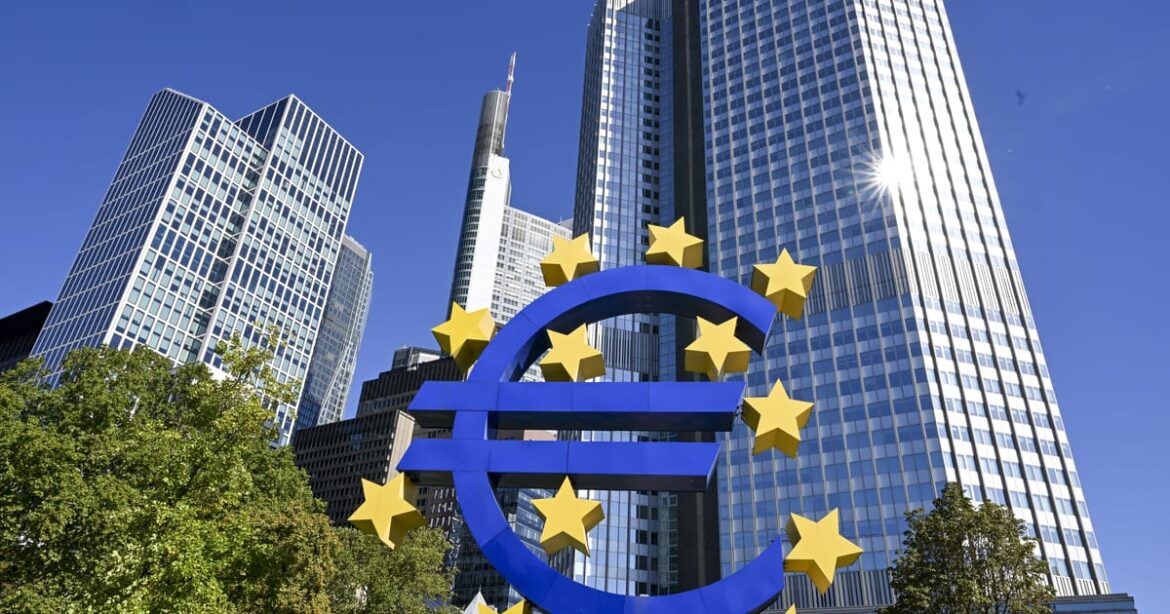The next G7 meeting among finance ministers is scheduled for Oct. 15 in Washington, where policymakers will head for the International Monetary Fund’s annual meeting.
The U.K. said last month that it’s considering using billions of pounds worth of sanctioned Russian cash to finance new loans to Kyiv. Canada is also “very aligned” with the EU’s initiative, its finance minister told POLITICO on Sept. 20. Most of Russia’s frozen assets, however, reside in the EU, leaving Europe carrying most of the legal and reputational risk.
The European Central Bank is concerned about any seizure and on Tuesday again called on the European Commission, during a virtual meeting of deputy finance ministers, to demonstrate how the reparations loan will not damage the euro’s credibility, two diplomats on the call said.
The Commission is confident that national guarantees from EU countries against the €140 billion loan will be enough to allay any legal concerns. That way, the money would be repaid to Moscow immediately if the Kremlin ends its war against Ukraine and pays reparations.
To reassure its allies, Brussels even plans to set aside €45 billion of Russian cash to repay a previous G7 loan to Ukraine, agreed in 2023 and almost paid out.


AloJapan.com